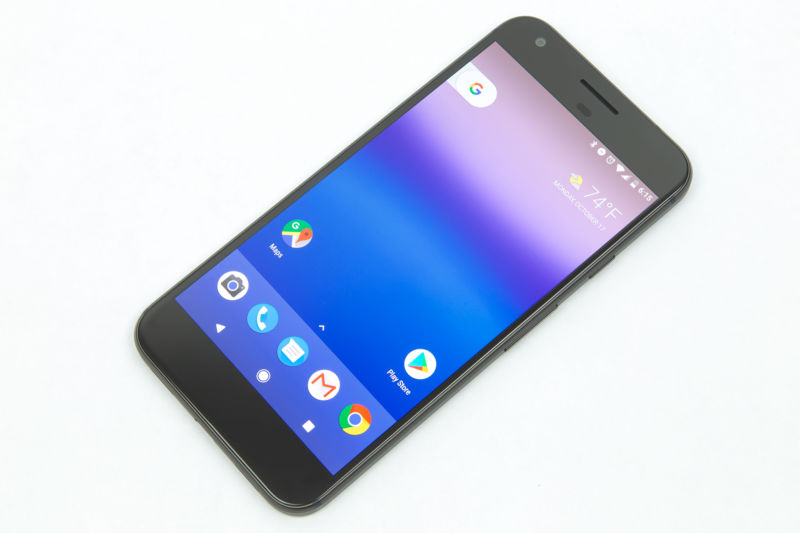
Despite a lengthy beta period that lasted around fives months, it seems Android 9 Pie managed to ship with a few bugs. As first noticed by Android Police, Pixel XL owners are saying that updating to Google's latest mobile OS is causing problems with quick charging.
Pixels (and many other Android phones) use USB-PD for quick charging. Assuming you have a compatible phone, charger, and cable, users should see greatly increased charging speeds. Android doesn't show the exact power transfer, but it differentiates between normal charging and quick charging with a "charging rapidly" message on the home screen. Some Pixel XL owners on Android Pie say that the "rapidly charging" message never pops up anymore after updating to Pie, while others say that the phone has gotten pickier about what chargers can provide rapid charging. Users are reporting slower charging, too, so it's not just a messaging issue.A thread on the XDA forums dating all the way back to June and an Android bug report from July show that the issue existed in the Android P betas but was never fixed. Google inexplicably closed the original report with "Status: Won't Fix (Infeasible)" during the beta. After the Android Pie final release, a second bug report was opened and a lot more people started chiming in. Now the bug has been marked as "Assigned."
Update: A Google spokesperson sent along a statement: "We're aware of an issue where non-Power Delivery (PD) USB-C chargers no longer rapidly charge the 2016 Pixel and Pixel XL after the upgrade to Android 9 Pie. The 18W rapid charger included in-box is a PD charger and does not exhibit this behavior. We are verifying a fix for non-PD USB-C chargers and will roll it out in the coming weeks."
reader comments
85